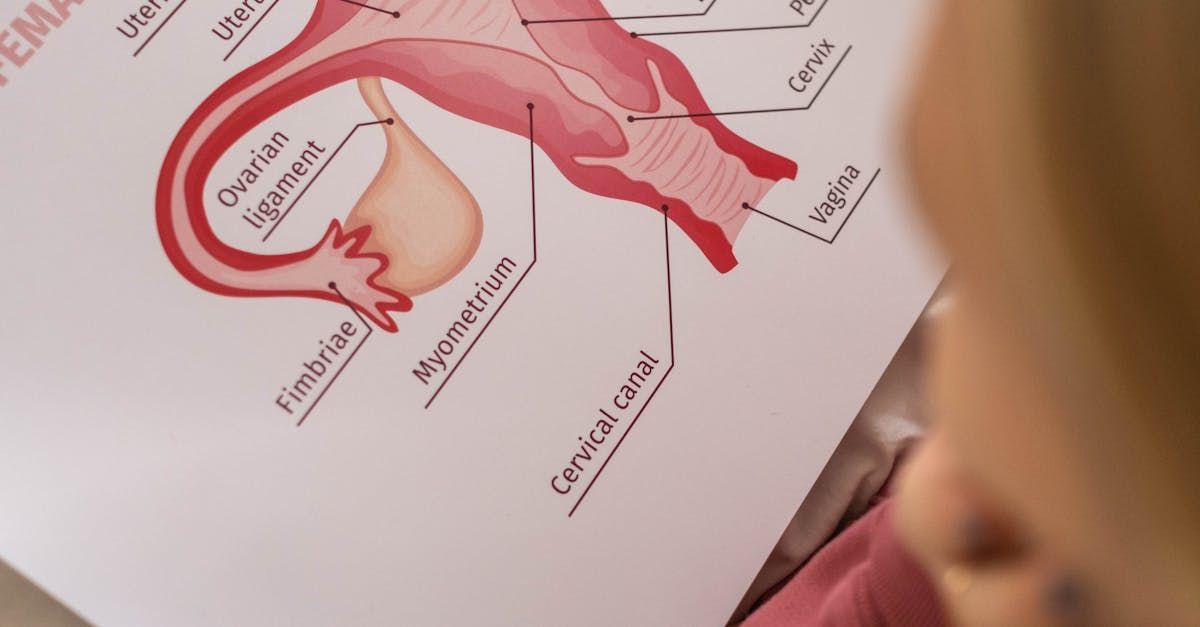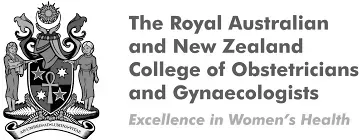The Impact of Lifestyle on Fertility: What You Can Do to Improve Your Chances
When it comes to fertility, many factors are beyond our control. However, lifestyle choices are one area where both men and women can make a significant difference in their reproductive health. From diet and exercise to stress management and environmental exposures, your daily habits can influence your ability to conceive. In this blog, we’ll explore the impact of lifestyle on fertility and offer tips on how to optimize your chances of starting a family.
Diet and Nutrition
A balanced diet rich in nutrients is essential for reproductive health. For women, consuming adequate amounts of folic acid, iron, and omega-3 fatty acids can support ovulation and early pregnancy. Men benefit from antioxidants like vitamin C and E, which can improve sperm quality. Incorporating a variety of fruits, vegetables, whole grains, lean proteins, and healthy fats into your diet can enhance fertility for both partners. Avoiding processed foods, excessive sugar, and trans fats is equally important, as these can negatively impact hormone balance and reproductive function.
Exercise and Weight Management
Maintaining a healthy weight is crucial for fertility. Both underweight and overweight individuals may experience hormonal imbalances that can affect ovulation and sperm production. Regular moderate exercise, such as walking, swimming, or yoga, can help manage weight and reduce stress, both of which are beneficial for fertility. However, it’s important not to overdo it—excessive exercise can lead to irregular periods or a decrease in sperm count. Finding a balance that promotes overall health is key.
Smoking, Alcohol, and Caffeine
Smoking is one of the most significant lifestyle factors that negatively impact fertility. It can cause damage to eggs, sperm, and reproductive organs, making it harder to conceive. Quitting smoking is one of the best steps you can take to improve your chances of getting pregnant. Similarly, excessive alcohol consumption is not recommended. It’s advisable to limit alcohol intake or avoid it altogether when trying to conceive. Caffeine, when consumed in large amounts, may also have a negative effect on fertility, so it’s recommended to keep consumption to a moderate level (about one cup of coffee per day).
Stress Management
Chronic stress may interfere with hormone levels and disrupt ovulation and sperm production. While it’s impossible to eliminate all stress, finding healthy ways to manage it can improve your fertility. Techniques such as mindfulness, meditation, deep breathing exercises, and acupuncture can help reduce stress and promote relaxation. Taking time for activities you enjoy and maintaining a strong support network can also help you stay positive during your fertility journey.
Environmental Exposures
Environmental toxins, such as pesticides, heavy metals, and endocrine-disrupting chemicals, can have a detrimental effect on fertility. Limiting exposure to these substances is important for reproductive health. You can reduce your exposure by choosing organic produce when possible, using natural cleaning products, and avoiding plastics that contain BPA. Additionally, men working in environments with high levels of heat or radiation should take precautions, as these factors can affect sperm quality.
Conclusion
Your lifestyle choices play a significant role in your fertility, and making positive changes can improve your chances of conceiving. A healthy diet, regular exercise, avoiding harmful substances, and managing stress are all steps you can take to optimize your reproductive health. While some factors may be out of your control, focusing on what you can change empowers you to take an active role in your fertility journey. If you’re trying to conceive and want to learn more about how lifestyle impacts fertility, consider consulting with a fertility specialist who can provide personalized advice and support.






Contact
Melbourne IVF
268 Manningham Rd, Templestowe Lower VIC 3107
New Patient - (03) 9006 5570
Existing Patient - 03 9473 4444
Practice Hours:
Mon - Fri 7:00 am to 4:30 pm
Sat - by prior arrangement
All Rights Reserved | Dr Yousif Alyousif
